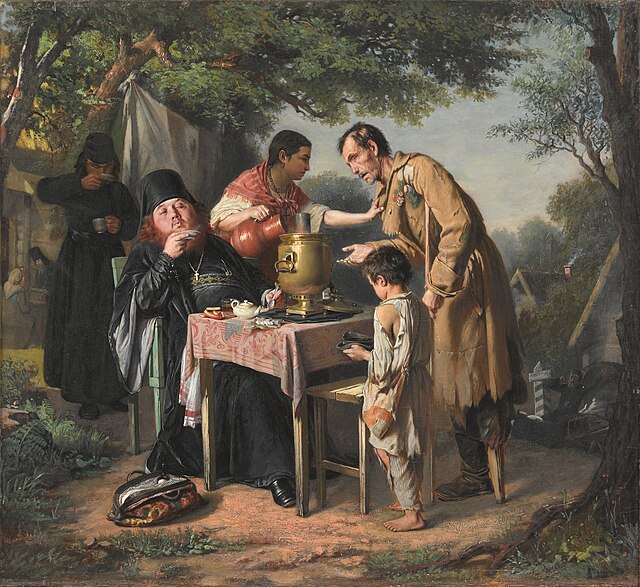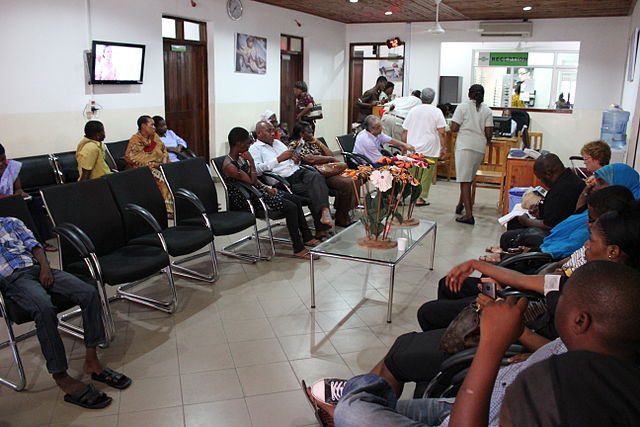Social privilege is an advantage or entitlement that benefits individuals belonging to certain groups, often to the detriment of others. Privileged groups can be advantaged based on social class, wealth, education, caste, age, height, skin color, physical fitness, nationality, geographic location, cultural differences, ethnic or racial category, gender, gender identity, neurodiversity, physical disability, sexual orientation, religion, and other differentiating factors. Individuals can be privileged in one area, such as education, and not privileged in another area, such as health. The amount of privilege any individual has may change over time, such as when a person becomes disabled, or when a child becomes a young adult.
W. E. B. Du Bois, the author of The Souls of Black Folk (1903)
Social inequality occurs when resources within a society are distributed unevenly, often as a result of inequitable allocation practices that create distinct unequal patterns based on socially defined categories of people. Differences in accessing social goods within society are influenced by factors like power, religion, kinship, prestige, race, ethnicity, gender, age, sexual orientation, and class. Social inequality usually implies the lack of equality of outcome, but may alternatively be conceptualized as a lack of equality in access to opportunity.
An 1862 painting by Vasily Perov depicts impoverished people meeting a wealthy man.
Street in Camden, New Jersey which has evident urban decay
A woman and three men sitting in a conference meeting
Patients waiting to be seen by a doctor in Disability Hospital





